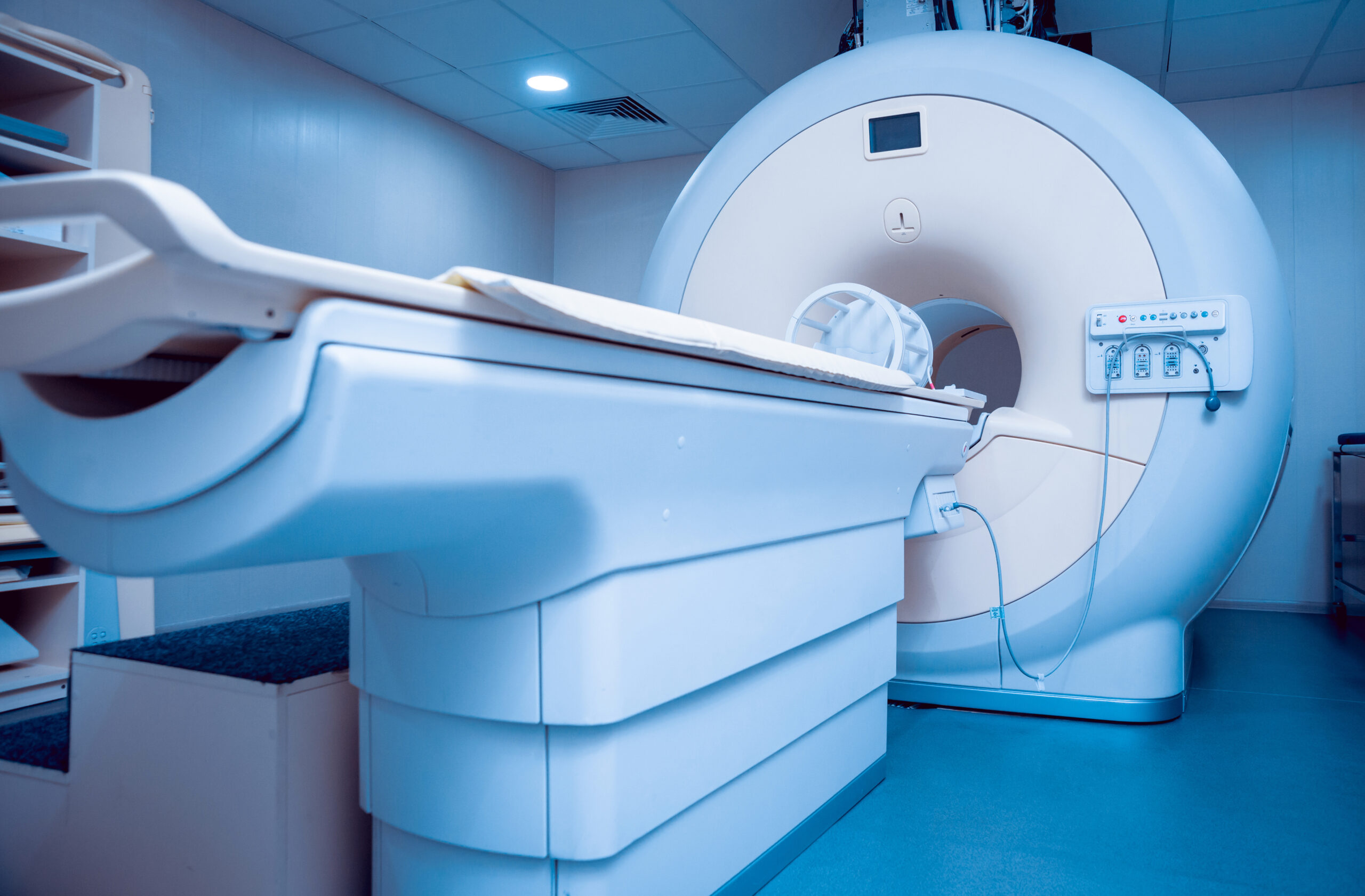Radiation Therapy
Radiation therapy is a cancer treatment that uses high energy rays or particles to target and destroy the cancer cells or stop them from growing or spreading. This localized form of treatment is sometimes used as part of treatment plan for patients with pancreatic cancer. However, as is the case with surgery, radiation is not given to all patients.
Radiation Options
Radiation therapy protocols differ according to the tumour resectability (able to be removed by surgery).
Resectable: Surgery is the best curative treatment option for this type of tumour, but radiation can also be indicated before and after surgery. Radiation may be administered before surgery to lower chances of recurrence of cancer after surgery. Radiation can also be administered after surgery to destroy any cancer cells left behind and to prevent recurrence of cancer.
Borderline resectable: Radiation may be used in conjunction with chemotherapy (chemoradiotherapy) to decrease tumour size to allow for surgical intervention. Radiation therapy can also be administered prior to surgery to prevent the cancer from returning.

Unresectable: In patients that have previously received upfront chemotherapy and have not developed metastatic disease or significant local progression, radiotherapy may be considered, possibly in combination with chemotherapy. Radiation with this type of tumour can also be administered to prevent the tumour from growing and pain caused by the tumour.
Palliative intent radiation: Palliative intent radiation therapy may be given to patients with locally advanced or metastatic cancers to assist with pain and symptom management. Additionally, metastases elsewhere in the body may be treated with radiation to help manage symptoms of the disease.
There are some important considerations to discuss with your specialist physician before choosing radiation as an appropriate part of a treatment plan. These considerations are not absolute but may affect whether radiation is an option for a particular patient. They include, but are not limited to:
- Patients who have previously had radiation in the region of the pancreas or upper abdomen.
- Patients with certain autoimmune disorders or uncontrolled illness such as active infections, unstable heart problems etc.
- Whether or not the patient can attend daily radiation treatments.
As with other treatments, radiation carries possible side effects. Medications, such as anti-sickness tablets, can be given before treatment to help prevent them. These side effects may include, but are not limited to:
- Fatigue
- Loss of appetite
- Nausea and vomiting
- Diarrhea
- Skin problems
- Hair loss
Learn More

316-4211 Yonge Street
Toronto, ON M2P 2A9
Toll Free: 1-888-726-2269
info@pancreaticcancercanada.ca
Charitable Registration Number 84870 1967 RR0001
